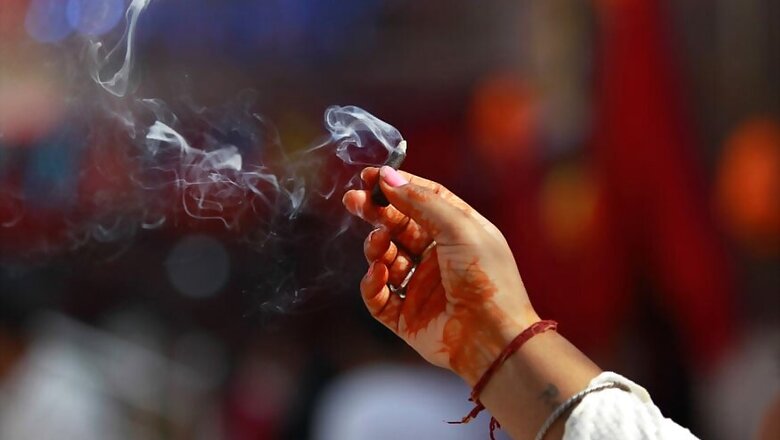
views
Observed on the eleventh lunar day of waxing and waning moon, Ekadashi is observed twice every month in the Hindu lunar calendar. Hindus and Jains consider fasting on Ekadashi as a spiritual means of worshipping and appeasing Lord Vishnu, Ekadashis are also known as Hari Vasara, which means the day of Sri Hari or Lord Vishnu. The Ekadashis are dedicated to Lord Vishnu.
There are 24 Ekadashis fast in a year, two every month. Among all these 24 Ekadashis, the most significant of all is Nirjala Ekadashi, where Nirjala means without water. As the name suggests, those fasting on Nirjala Ekadashi abstain from consuming food as well as water.
Nirjala Ekadashi falls on the eleventh day of the Shukla Paksha or the waxing fortnight of Jyeshtha month. It is alternatively known as Pandava Nirjala Ekadashi or Pandava Bhima Ekadashi.
It usually falls in the month of May or June in the Gregorian calendar. The day may fall a day after or on the same day as Ganga Dussehra. This year, while the Ganga Dussehra was celebrated on June 12, Nirjala Ekadashi is falling on Thursday, June 13.
Benefits of Nirjala Ekadashi Vrat
The auspicious time for observing Nirjala Ekadashi began at 6:27pm on June 12 and will end at 4:49pm on June 13. It is said that fasting on Nirjala Ekadashi gives the benefits which are equal to the blessings one gets from observing fasts on all the 24 Ekadashi that falls in an entire year.
















Comments
0 comment